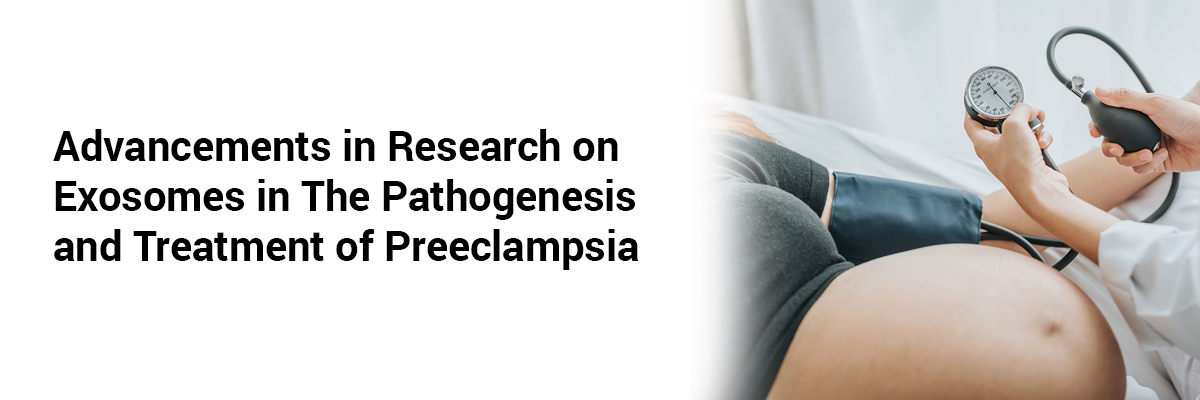
Advancements in Research on Exosomes in the Pathogenesis and Treatment of Preeclampsia
Preeclampsia (PE) is a serious obstetric condition that poses significant risks to both maternal and neonatal health. Its etiology and pathogenesis are complex and not fully understood. Evidence indicates that the types and quantities of exosomes, as well as their contents, change in patients with PE. Studying these exosomes can enhance understanding of PE's causes, improve diagnosis, and aid in treatment and monitoring.
The findings of study revealed the following:
Exosomes influence endothelial function and maternal-fetal immune responses, transporting key substances like miRNAs, lncRNAs, and proteins linked to PE development.
Monitoring exosome contents may facilitate early diagnosis of PE and offer therapeutic avenues by targeting exosome actions.
To summarize, exosomes play a significant role in progression of PE and can serve as biomarkers for predicting onset, tracking disease progression, and assessing prognosis, suggestive of potential therapeutic interventions in managing PE.
Source: Xing Y, Kang L, Chen L, Li Y, Lu D. Research progress of exosomes in pathogenesis and treatment of preeclampsia. J Obstet Gynaecol Res. 2024 Oct 21. doi: 10.1111/jog.16106. Epub ahead of print. PMID: 39434205.















Please login to comment on this article